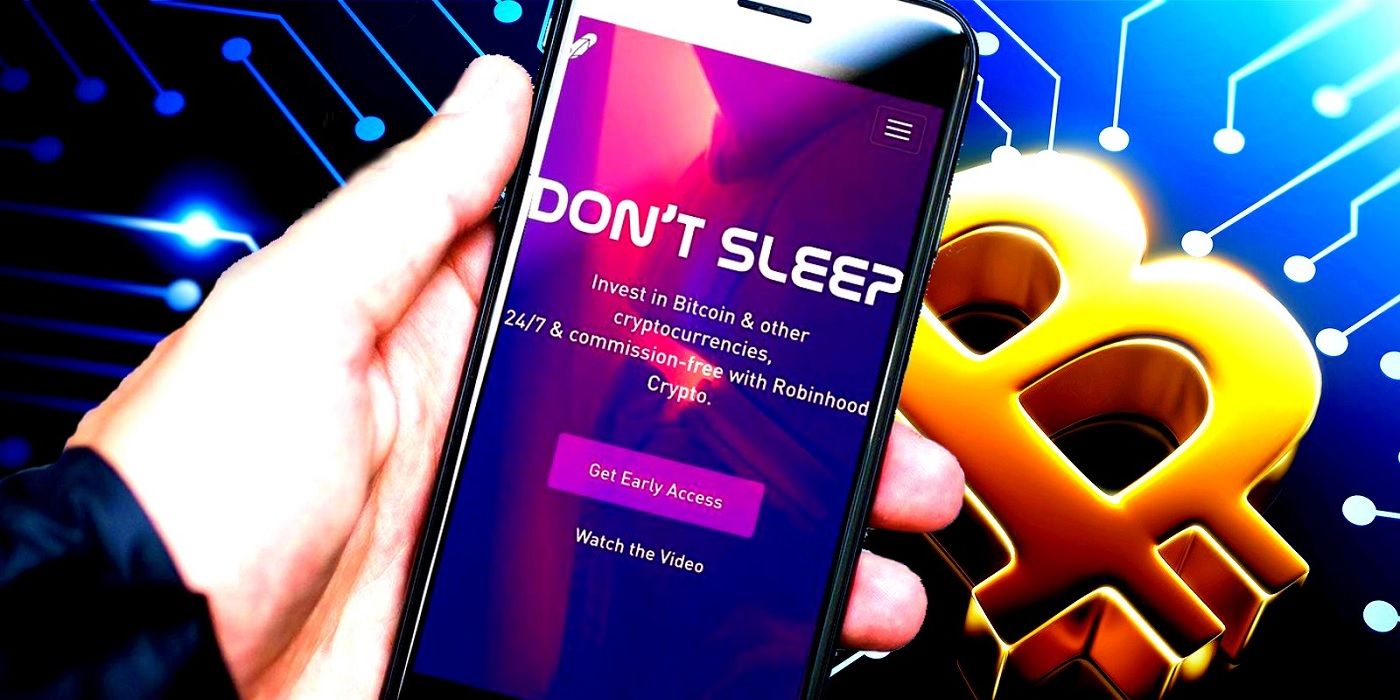Robinhood Crypto just got hit with a $30 million fine from the New York State Department of Financial Services (NYSDFS). Robinhood's retail stock trading app has been the subject of controversy before, and its foray into the cryptocurrency market has been no exception. This time, it was FOMO (Fear Of Missing Out) that got the company in trouble with the New York regulator.
Robinhood is an American fintech company offering stock trading and investing for a retail audience, offering services such as fractional shares trading, Exchange Traded Funds (ETFs), and controversial financial instruments such as margin and options trading, but is perhaps most famous/infamous for its role in the GameStop short-squeeze in 2021. Robinhood got into cryptocurrency trading in 2018 for select states with its introduction of Robinhood Crypto, and as of 2021 is now available in every state and offers several cryptocurrencies, including Elon Musk's favorite doge-themed meme cryptocurrency, Dogecoin. In 2021 the company finally announced a waitlist for its crypto wallet, marking the first effort to make cryptocurrencies withdrawable from the platform (and thus "truly owned"), and in January 2022 its crypto wallet had its beta launch.
The Wall Street Journal reported on the $30M fine by the NYSDFS, which was charged in violation of anti-money laundering and cybersecurity regulations against Robinhood Crypto. The fine was levied against the company on the grounds that its compliance department was understaffed, a culture of compliance was not fostered, and transactions were still being monitored by a manual system that the company had outgrown. Its cybersecurity arm was said to be not addressing operational risks, or in compliance with virtual currency regulations. Finally, in violation of consumer-protection requirements no phone number was provided on Robinhood's website for consumer complaints. This combination of cut corners resulted in a $30M fine and the requirement of retaining an independent consultant to evaluate the company's compliance. Fortunately, this does not appear to have any immediate impact on users.
Robinhood's Crypto FOMO
While Robinhood Crypto facilitates cryptocurrency trading and offers a recurring investment option for dollar-cost-averaging strategies, it isn't the best option for buying and using cryptocurrencies. The company waited three years before rolling out the ability to withdraw crypto, which denied users the core feature of cryptocurrency that makes it worth anything at all, and the selection is very limited compared to dedicated crypto exchanges. With exchanges like Coinbase (US) and Binance (global) offering many times more cryptocurrencies and default withdrawal support, there is no reason to use Robinhood Crypto other than for speculation. However, most people who use Robinhood Crypto likely have no desire to use cryptocurrency or blockchain applications, and probably don't care either way.
Due to the cryptocurrency bull market that ran from March 2020 to November 2021 and the massive hype that came with it, it would seem that Robinhood was forced to expand rapidly and cut corners. By not upgrading its transaction monitoring system and not sufficiently staffing the compliance department, the company was able to keep up with demand but were not able to properly enforce anti-money laundering and cybersecurity regulations. Robinhood already boasts many controversies, two of which include a data breach exposing millions of emails and the temporary suspension of meme stocks that resulted in thousands of deleted negative Google Play Store reviews.
Robinhood's rapid expansion to capitalize on cryptocurrency hype is what led to decisions that ultimately resulted in a $30M fine. According to Wikipedia, Robinhood has also been hit with a $65M SEC investigation, a $1.25M Financial Industry Regulatory Authority fine, class-action lawsuits for failing to disclose its Payment For Order Flow practices and for market manipulation during the GameStop fiasco, and even a wrongful death suit.
Source: The Wall Street Journal, Wikipedia


